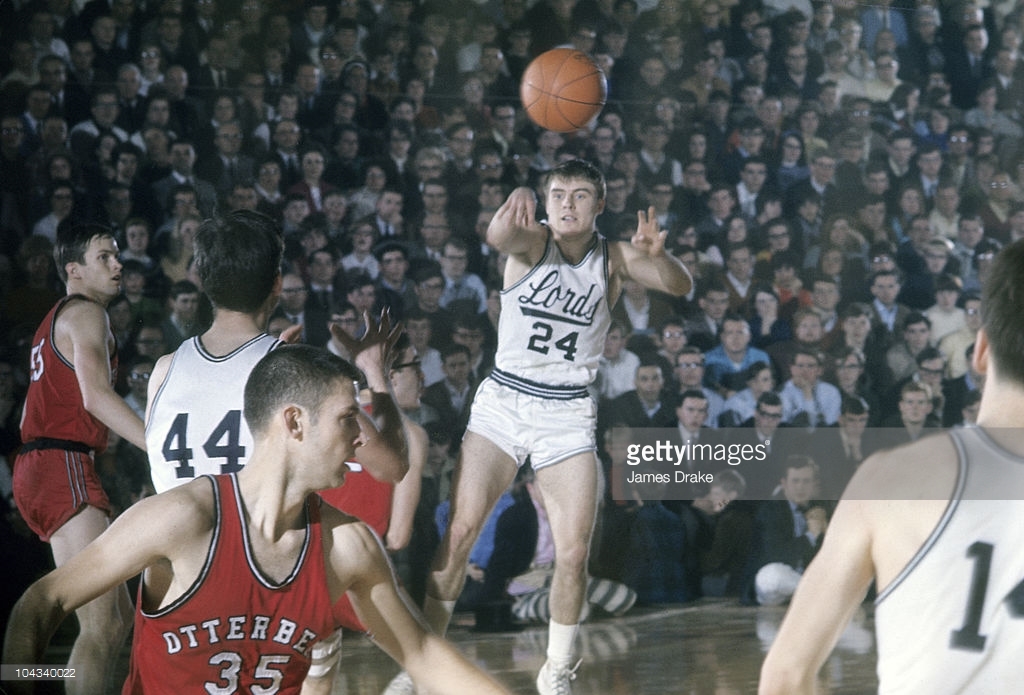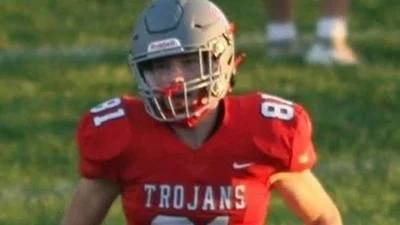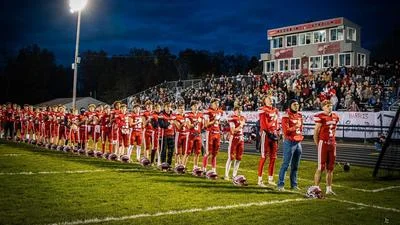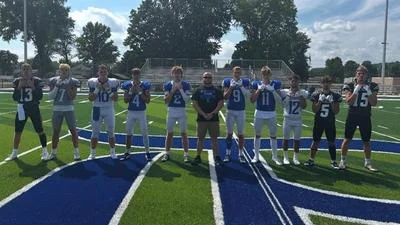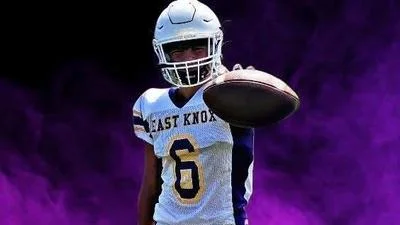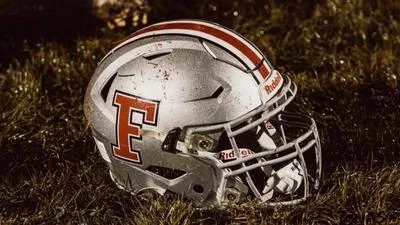Marquette basketball coach Al McGuire made a mistake in not recruiting John Rinka.
He was not the only one.
Instead of focusing on Rinka's 26-points-per-game scoring average as a star guard at Shorewood High School (just north of Milwaukee) in the mid-1960s, recruiters often fixated on a single statistic beyond Rinka's control – his height of five feet, nine inches.
"Al McGuire thought I was too small, and I got a little upset by that," Rinka said in an interview with www.d3hoops.com. "I kind of took that as a call to action that I was going to prove him wrong."
As recruiting was much less publicized in the 1960s, compared to today's hyperactive recruiting news cycle, Marquette's loss turned into Kenyon College's win. Rinka opted to attend Kenyon, where he played for Coach Bob Harrison, who played on George Mikan-led Lakers NBA championship teams before becoming a coach. Under Harrison and then the next Kenyon coach, Bob Brannum, Rinka went on to become one of the greatest scorers in college basketball history. This was evidenced by his NCAA top 10 all-time scoring finish despite playing before the advent of the three-point line and the shot clock.
"I loved Coach Harrison, and they had a good team coming back," Rinka said about his decision to attend Kenyon. "I went [there] with a chip on my shoulder, a love to play basketball, and a willingness to practice continuously. All I did at Kenyon was study and practice basketball. The best thing I got out of Kenyon was a great education."
Rinka scored 3,251 points (32.8 points per game) as a three-time All-American with the Lords. He averaged 41 points during a monster senior campaign, highlighted by a career-best 69 points against Wooster. Rinka made 27 of 43 shots (62.8%) and dished out eight assists in a 118-112 win over the Fighting Scots that historic night.
Rinka's incredible scoring ability inevitably caused hoops evaluators to revisit the scouting report on him.
With his name back on the radar, Rinka was invited to the U.S. Olympic trials in his junior year, where he competed against NBA Hall of Famers Pete Maravich and Calvin Murphy. While comparisons were understandably drawn between Rinka and Maravich, "Pistol Pete" was decidedly taller at a height of six feet, five inches.
After his senior season at Kenyon, Rinka received the Frances Pomeroy Naismith Award as the nation's best college basketball player under six feet tall. He was selected in the seventh round of the NBA draft in 1970 by the Milwaukee Bucks. However, instead of playing for his hometown team and joining Kareem Abdul-Jabbar and his boyhood idol, Oscar Robertson, Rinka tried out for the Utah Stars of the American Basketball Association (ABA).
"I didn't want to play at home," Rinka said about his decision not to play for the Bucks. "Personally, I like to move on. I'm a curious person. I like to try new things."
Although the ABA offered the allure of more money and a three-point line, Rinka was the Stars' last cut of the 1970-71 season. Despite never playing professional basketball, though, Rinka is remembered as a prolific player who maximized his ability and unequivocally loved the game.
Rinka was inducted into the Ohio Basketball Hall of Fame in 2006 as part of its inaugural class including Robertson, John Havlicek, Clark Kellogg, Jerry Lucas, and Bob Knight. The Wisconsin native was further honored in 2017 as a member of the inaugural class of the Small College Hall of Fame, joining fellow inductees Phil Jackson, Lucious Jackson, Dick Barnett, and Travis Grant.
"I wanted to prove something to myself – that I could be the best at something," Rinka said. "Once that happened, I wasn't interested in making basketball my life, especially coming out of Kenyon. I wanted to do other things. I taught and coached, but I was really more interested in the teaching part than the coaching part. I loved English and I loved working with kids."
With his playing career in the rearview mirror, Rinka turned his attention to becoming a teacher and coach. Now married and residing in North Carolina, he has been an English teacher for the past 10 years at the Lumina Academy in Wilmington. Rinka also teaches Adult High School English at Cape Fear Community College.
An allegiance with his college alma mater is intact. Rinka was awarded an Honorary Doctorate of Humane Letters from Kenyon College in 2016 for his work in education.
In terms of his basketball career, plenty of memories remain, as well. He still remembers McGuire, too, although with a different perspective. Rinka recalled a story about McGuire, who ran into one of Rinka's college teammates at a speaking event.
"McGuire, from the podium, acknowledged that I was the biggest recruiting mistake he ever made," Rinka said. "But, I have to tell you, it was the best gift he could've given me."

